Science at UM [S03-ep07]: Understanding oenology
This week in Science at UM, Fabienne Remize, biology researcher and director of theUMR Sciences for Oenology , presents the book she co-authored with her colleague Véronique Cheynier: Wine, 60 keys to understanding oenology. In the second part of the program, Hadrien Blayac, a biologist at the SMEL, presents the average service at sea. The program is broadcast every Wednesday at 6 p.m. on Divergence FM 93.9.
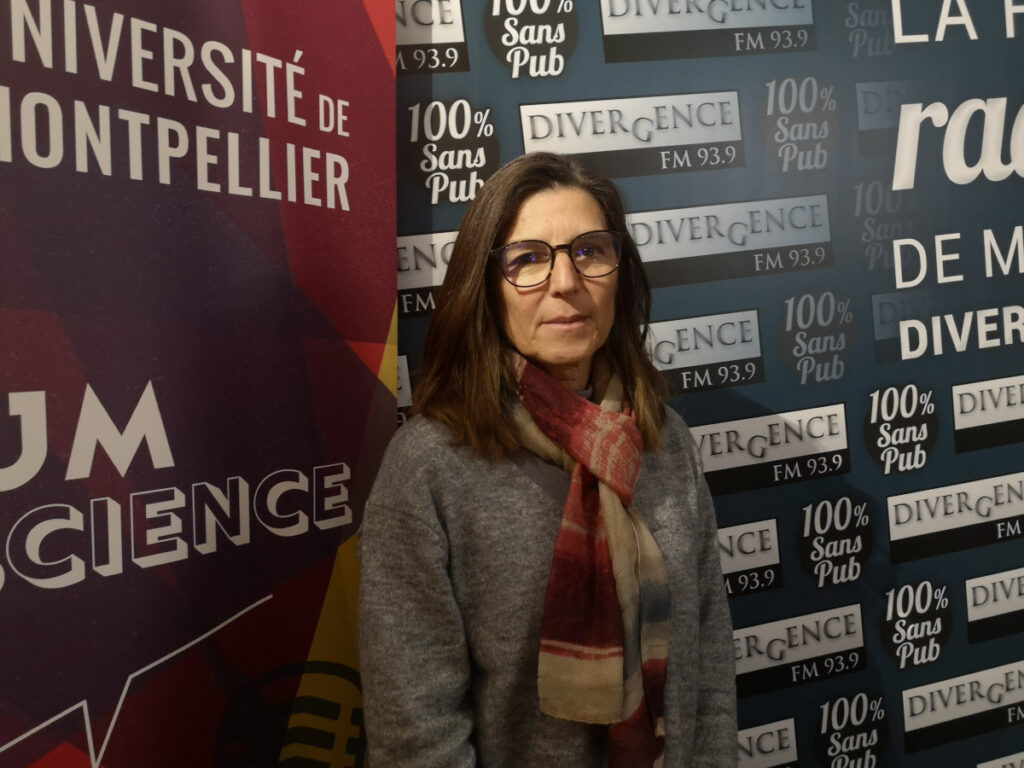
So wine is on our menu today. Whether red, white, or rosé, sparkling or fortified, natural or mysterious like veil wine, we drink it down to the dregs.
But when did this love affair between humans and vines begin? The earliest traces of wild grape seeds date back more than 50 million years, but it wasn't until 11,000 BC that the Stone Age gave rise to viticulture in the Caucasus and the Fertile Crescent.
Since then, this beverage has continued to occupy our bodies and minds. It can be found in numerous myths and legends all over the world. In the West, it was Noah who planted the first vineyard, while a little further east, it was Gilgamesh. Wherever it takes root, the vine and wine are attributes of wisdom, spirituality, and even divinity. Wine is also often associated with blood, as in Christianity or among the Egyptians, where it is the blood of giants. Of course, it is also a source of trouble and danger, an ambivalence that defines Dionysus and the bacchanalia of his Roman counterpart and justifies its prohibition in Islam. In medicine, in 460 BC, Hippocrates recommended its "limited but beneficial" use, a debate that we are still engaged in 2,500 years later.
So, to make you experts on the subject at your next Christmas dinner, we are welcoming a biologist today. Fabienne Remize is a specialist in wine microorganisms and heads the UMR Sciences for Oenology. Together with her colleague from the SPO, Véronique Cheynier, she has co-authored a book for the general public entitled Le Vin: 60 clés pour comprendre l'œnologie (Wine: 60 keys to understanding o enology), published by Quae.
Learn more:
- Listen: Science at UM From the decline of birds to laboratory yeast: science for oenology. (May 25, 2023).
- Read: Portrait of Fabienne Remize, A Good Vintage.
In the second part of the program, we continue our exploration of the Mediterranean Coastal Environment Station, this time discovering the marine resources department with its manager, Hadrien Blayac, a biologist.
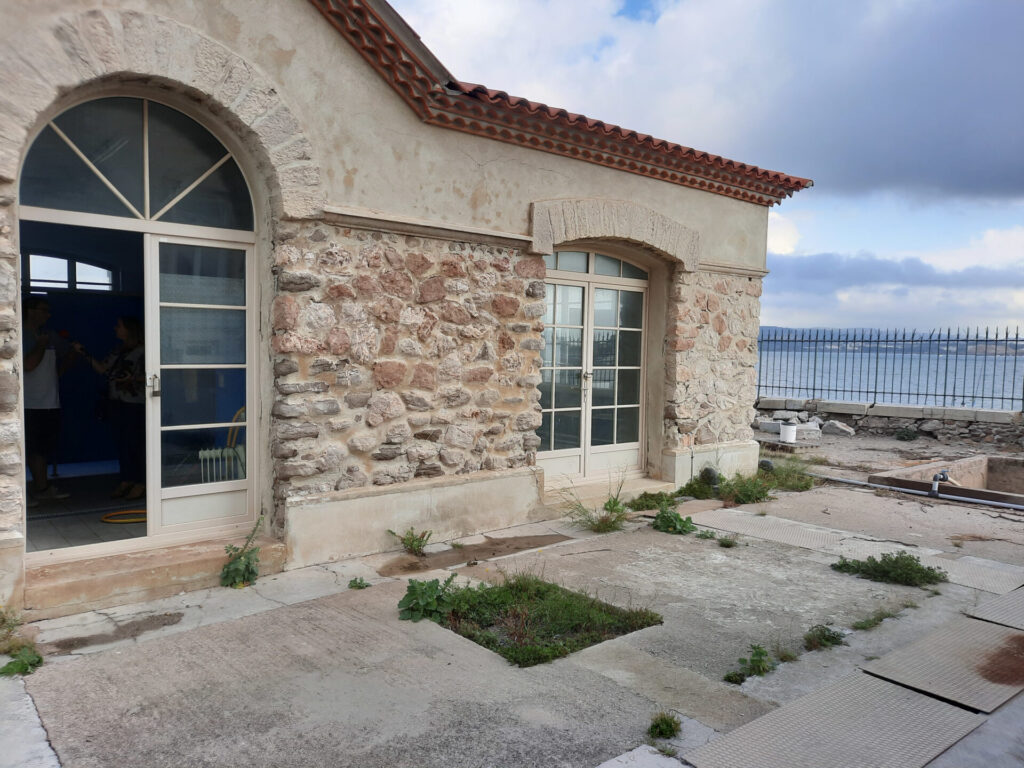
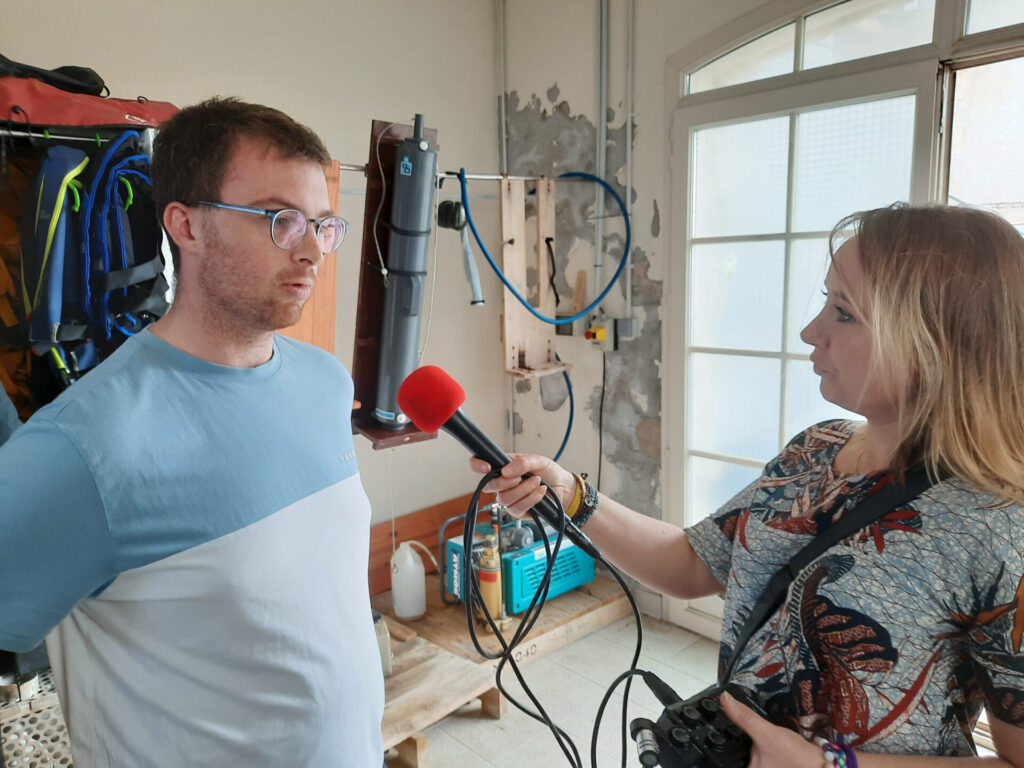
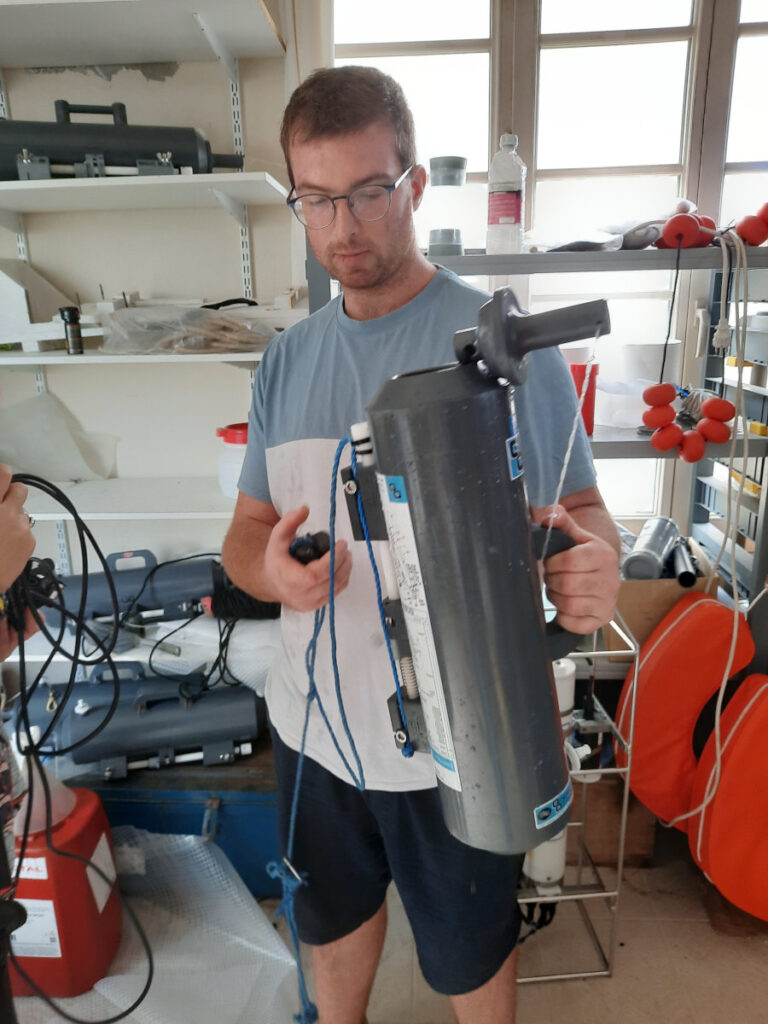
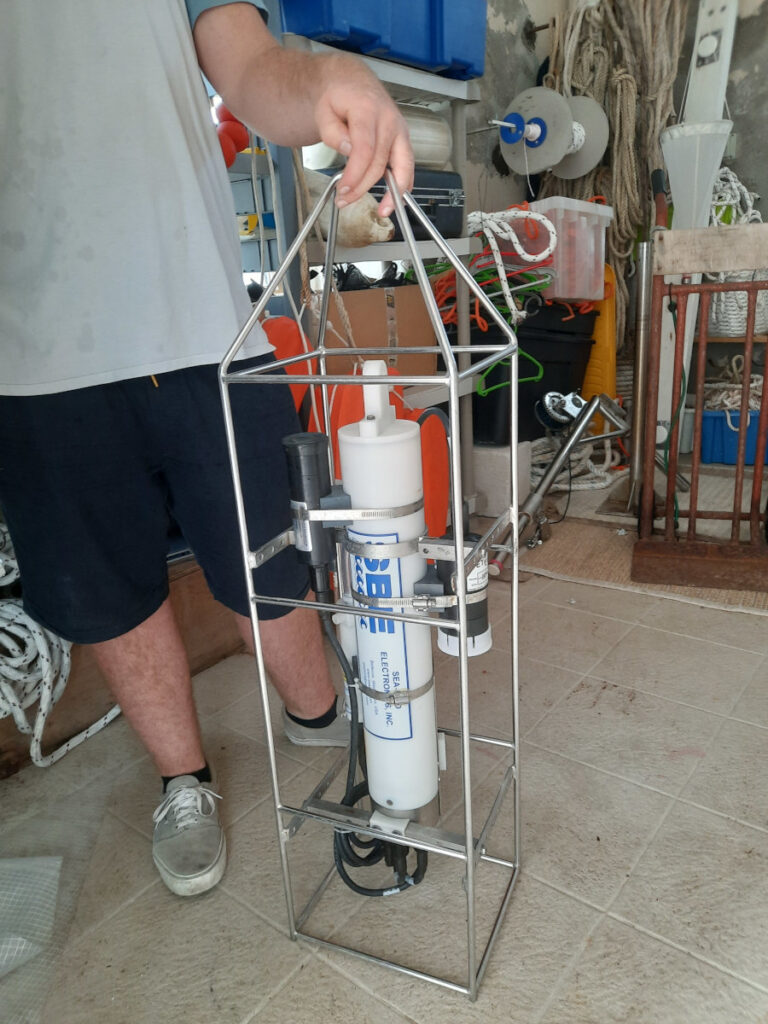
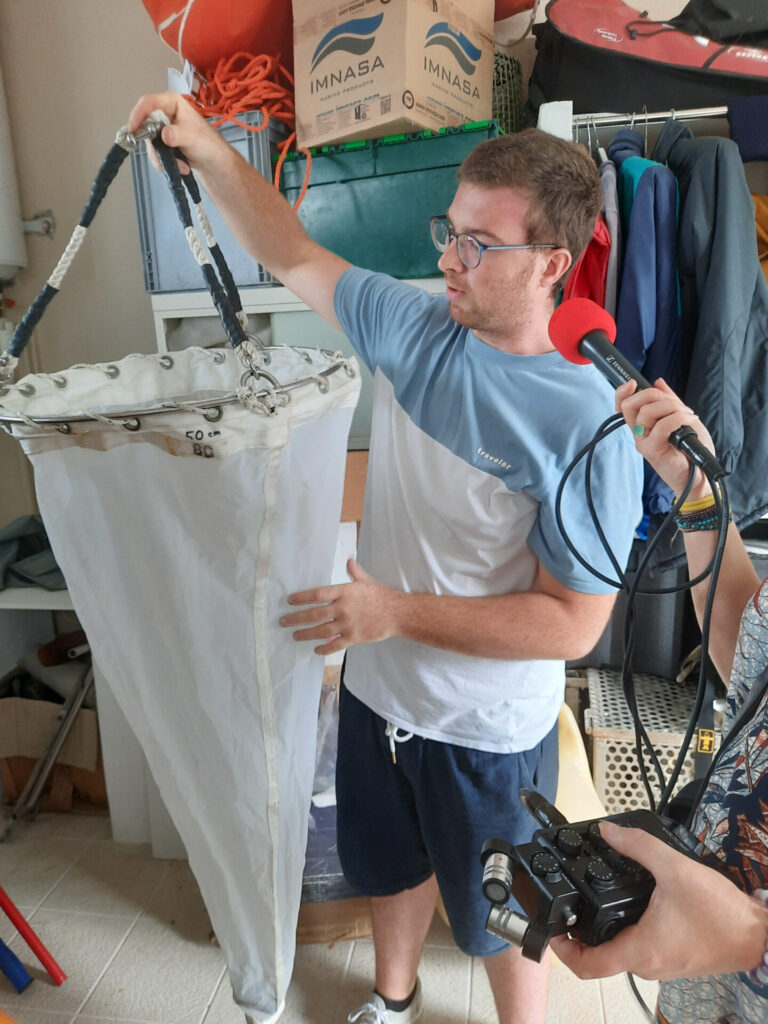
At UM Science, you have the program, so let's get started!
Co-production: Divergence FM / University of Montpellier
Host: Lucie Lecherbonnier
Interview: Aline Périault / Lucie Lecherbonnier
Reporting and editing: Aline Périault / Lucie Lecherbonnier
Production: Alice Rollet
Listen to the program “A l’UM la science” on Divergence FM 93.9
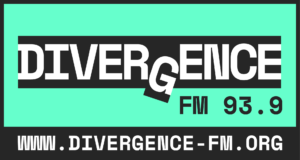
Find UM podcasts now available on your favorite platform (Spotify, Deezer, Apple Podcasts, Amazon Music, etc.).